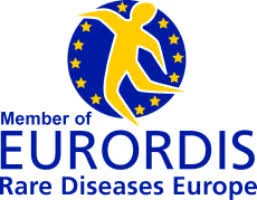Understanding Treatment
Treatment of ring chromosome 20 is typically focused on management of seizures. The seizures associated with ring chromosome 20 do not generally respond well to medications. The treatment that is successful varies from person to person. ‘Broad spectrum’ anti-epileptic drugs are usually tried first since they are active against different seizure types. Examples include valproate, levetiracetam, lamotrigine, topiramate and zonisamide. Success has been reported in some people with a combination of valproate and lamotrigine, but so far no single therapy has worked for everyone.
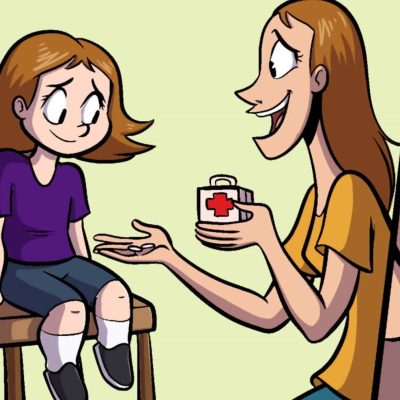
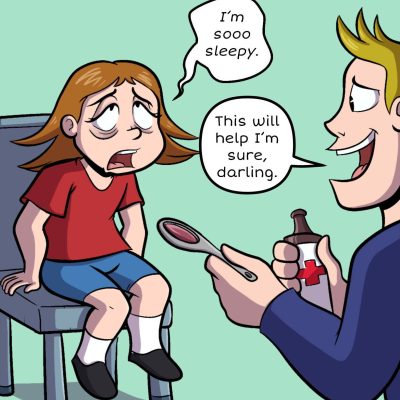
What are the treatment options
The main-stay of treatment is antiepileptic drug (AED) therapy. There are no comparative studies that have been done and in recent published literature no one drug seems to be better than another. Patients are frequently subjected to multiple AEDs (polytherapy), with limited seizure improvement. It is well known that poly-therapy increases the risk of drug side effects. Both Vagus Nerve Stimulation (VNS) therapy and the ketogenic diet have been reported to be beneficial. Both treatments are now well established in terms of safety and efficacy in the treatment of drug-resistant epilepsies. More research and reported case series are required in order to better evaluate alternative treatment therapies for r(20).
What is the emergency protocol for seizures?
Your doctor may advise special treatment for emergency situations as prolonged seizures may be dangerous to health and must be treated immediately. It is important that every person has an individualised treatment plan for emergencies.
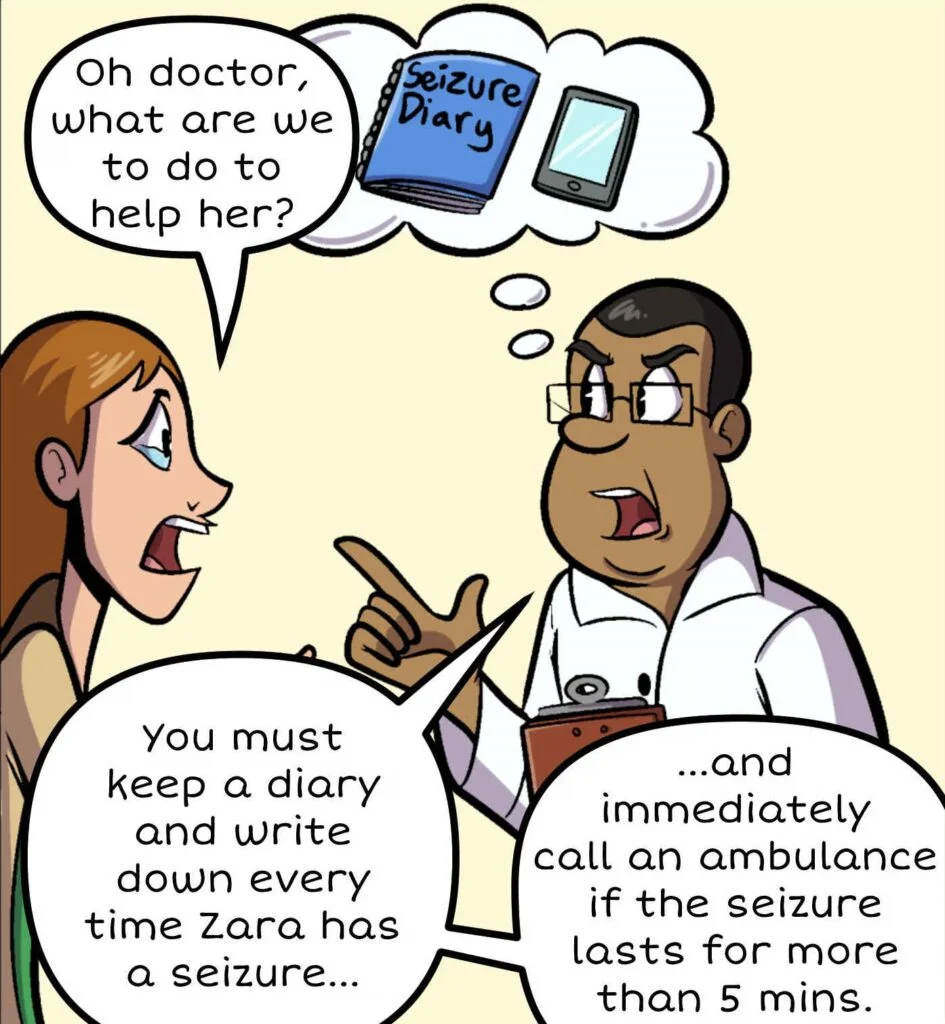
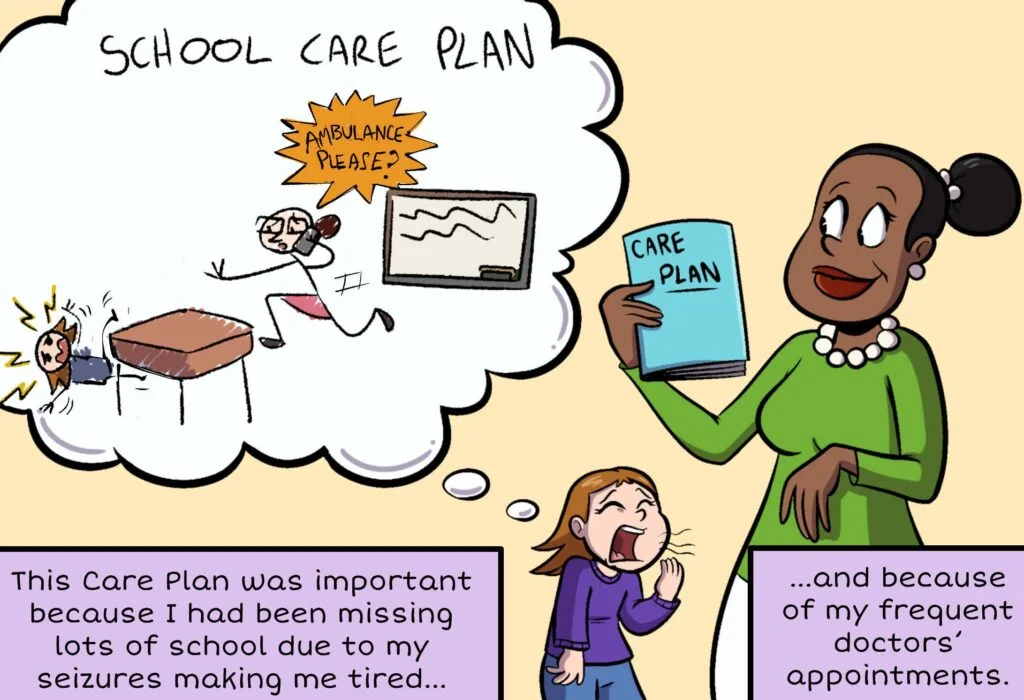
What could I ask my doctor or specialist epilepsy nurse about?
- Safety advice especially re the ‘confusional state’ associated with episodes of NCSE
- A personalised rescue medication plan for prolonged or cluster seizures
- The side effects of medication particularly when changing treatment
- Genetic counselling
- Liaison with school or college for support during education
- Patient, carer & employer support requirements including neuropsychological evaluation, guidance, potential psychiatric support
- Sudden Unexpected Death in Epilepsy (SUDEP) risk management
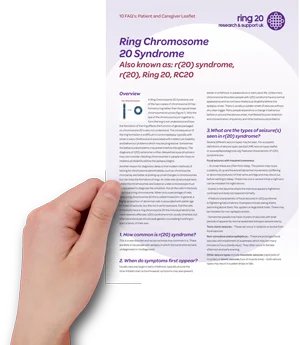
Looking for more information?
Download our pdf information sheet on Ring20 or click here for ways to contact us.


